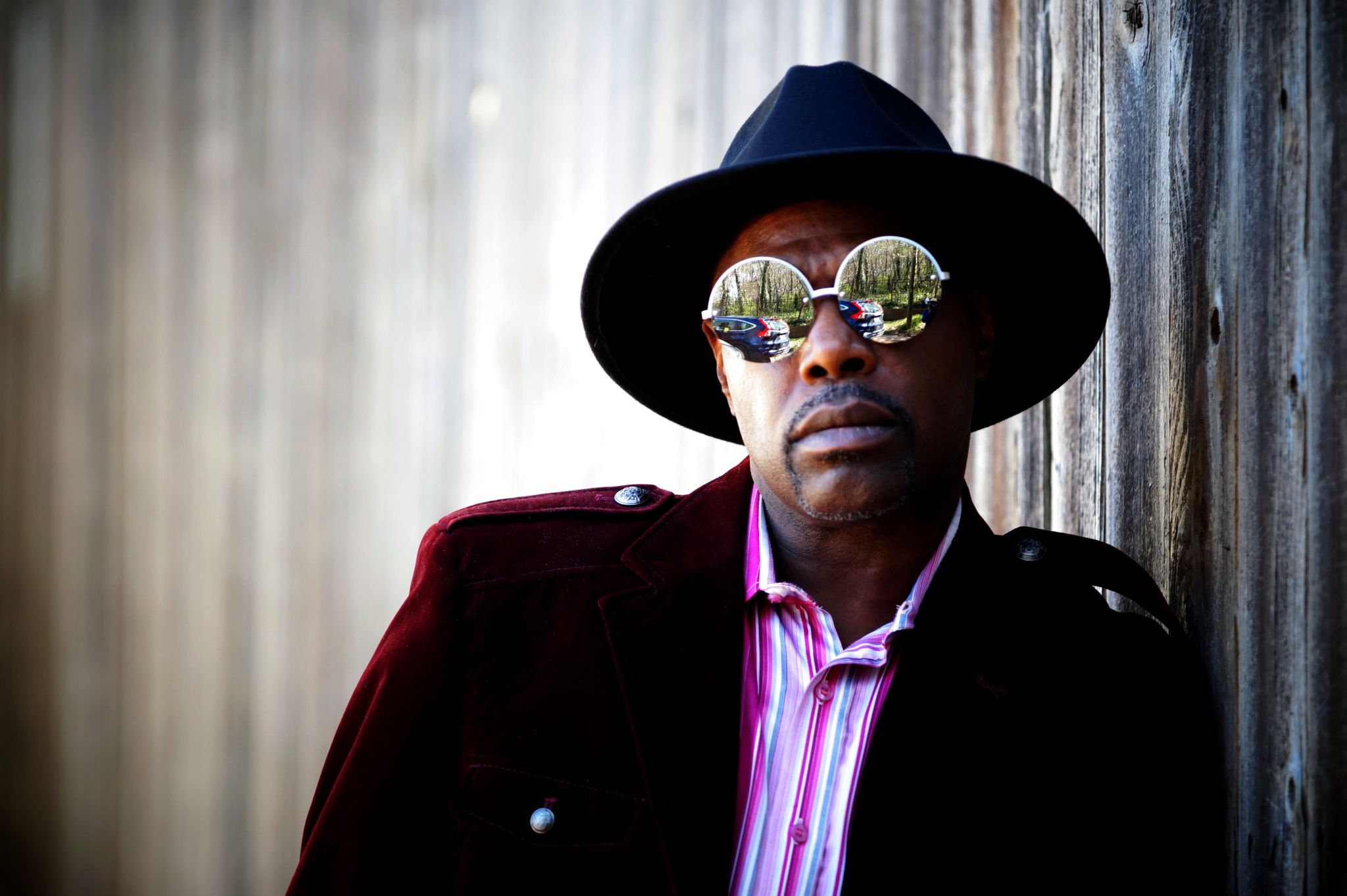“Before The Rainbow”
Guest Writer: Bishop Hartsel Clifton Shirley
Drag queens, female impersonators, transgenders. We’re very familiar with the terms, even if we don’t personally know someone who is.
Throughout American history, these individuals have been taboo, underappreciated–and rejected. In Black America, these persons were “worse than freaks, were abnormal, and the dregs of society.”
Therefore, imagine how very difficult—actually onerous more times than not–it was for those individuals to fully be their true, authentic selves in the 20th century.
The early 1900s would give us Gladys Bentley, a Black lesbian, who made a name for herself because of her piano playing, singing–and penchant for dressing as a man. Gladys was a favorite of actors including Barbara Stanwyck, Cary Grant, and Cesar Romero. However, the repressive and oppressive McCarthy era, which lasted from the late 1940s through the 1950s, would force her to wear dresses and marry a man.
The 1960s brought forth Sir Lady Java, who was very popular in Los Angeles and a favorite of celebrities such as Redd Foxx, Lena Horne, Mae West, and Richard Pryor.
In the 20th and (so far) the 21st century, we tend to only acknowledge the names of mainstream performers, such as Boy George or Divine. And, we know of Little Richard, Sylvester, and RuPaul.
But the door was opened much earlier by a man named William Dorsey Swann – an ex-slave! Can you envision the difficulties and obstacles Swann surely must have faced and endured while pursuing his true, authentic self—in the 19th century?

( William Dorsey Swann (right) was an American gay liberation activist. Born into slavery in Maryland around 1858, he was the first person in America to lead a queer resistance group and the first known individual to self-identify as “queen of drag.” Image courtesy of Mr. Channing Gerard Joseph.)
Born into slavery around 1858 in Hancock, Maryland, Swann was freed by Union soldiers after the Emancipation Proclamation went into effect. During the 1880s and 90s, Swann–a gay liberation activist who was the first known person to self-identify as “queen of drag”—organized a series of balls in D.C. Most of the attendees of Swann’s soirees were formerly enslaved men who were gathering to dance in their satin and silk dresses. Due to the secrecy of these events, invitations often were quietly made at places like the YWCA.
Numerous times, Swann was arrested in police raids–including in the very first documented case of arrests for female impersonation in America, on April 12, 1888. And in 1896, he was falsely convicted and sentenced to 10 months in jail for “keeping a disorderly house” (running a house of prostitution).
After his sentencing, Swann requested a pardon from President Grover Cleveland—but was denied. However, “The Queen” was the first American on record who pursued legal and political action to defend the LGBTQ community’s right to assemble.
And this occurred nearly a century before Stonewall.
So, what’s the moral of this story? Well, it goes something like this:
We were there first, we’re present now, and will always be…
 Bishop Hartsel Clifton Shirley is an author, writer, singer/songwriter, and bishop from Waterloo, Iowa. He received his master’s degree in business from the International Business Management Institute based in Berlin, Germany.
Bishop Hartsel Clifton Shirley is an author, writer, singer/songwriter, and bishop from Waterloo, Iowa. He received his master’s degree in business from the International Business Management Institute based in Berlin, Germany.
Currently residing in Atlanta, Mr. Shirley is a bishop of National and International Social Action, part of New Direction Overcomers’ International Fellowship (based in Richmond, Virginia).
A multi-faceted talent, Hartsel is a writer, author, and singer/songwriter. A bronze prize winner of the International Society of Poets, he has penned editorials for the Waterloo/Cedar Falls Courier. His best-selling novel is entitled Three Words, Four Letters, published by Ishai Books. Additionally, Hartsel has charted at #1 several times on the ReverbNation pop music charts.
Inspired by Langston Hughes, Bishop Shirley states, “I write what moves me. There is nothing I can’t write. I just have to care about it so I can write truthfully.”
According to Hartsel, his current book, The Night Eddie Sallis Died, is based on factual information he uncovered in 2002 about a 1966 jail cell “suicide” in Waterloo, Iowa (his place of birth). This revealing and riveting book pulls back the curtain on racism and police brutality. The author emphasizes, “These truths make Iowa a state not to be taken lightly–nor forget.”
Hartsel’s upcoming works include Three Words and Four Letters–the second and third installments of his first novel–along with his third music project, Rebel with A Cause.
Bishop Shirley can be emailed at hartselshirley@gmail.com



Thank you for sharing another story and voice that was part of our history as Black and LGBT/SGL. We’ve always been there, but we weren’t getting the attention or the energy. Time to change all that!
Very I formative column
You have taught some things I had not been aware of. Very interesting. You are a great asset to wyatt’s list of writers.